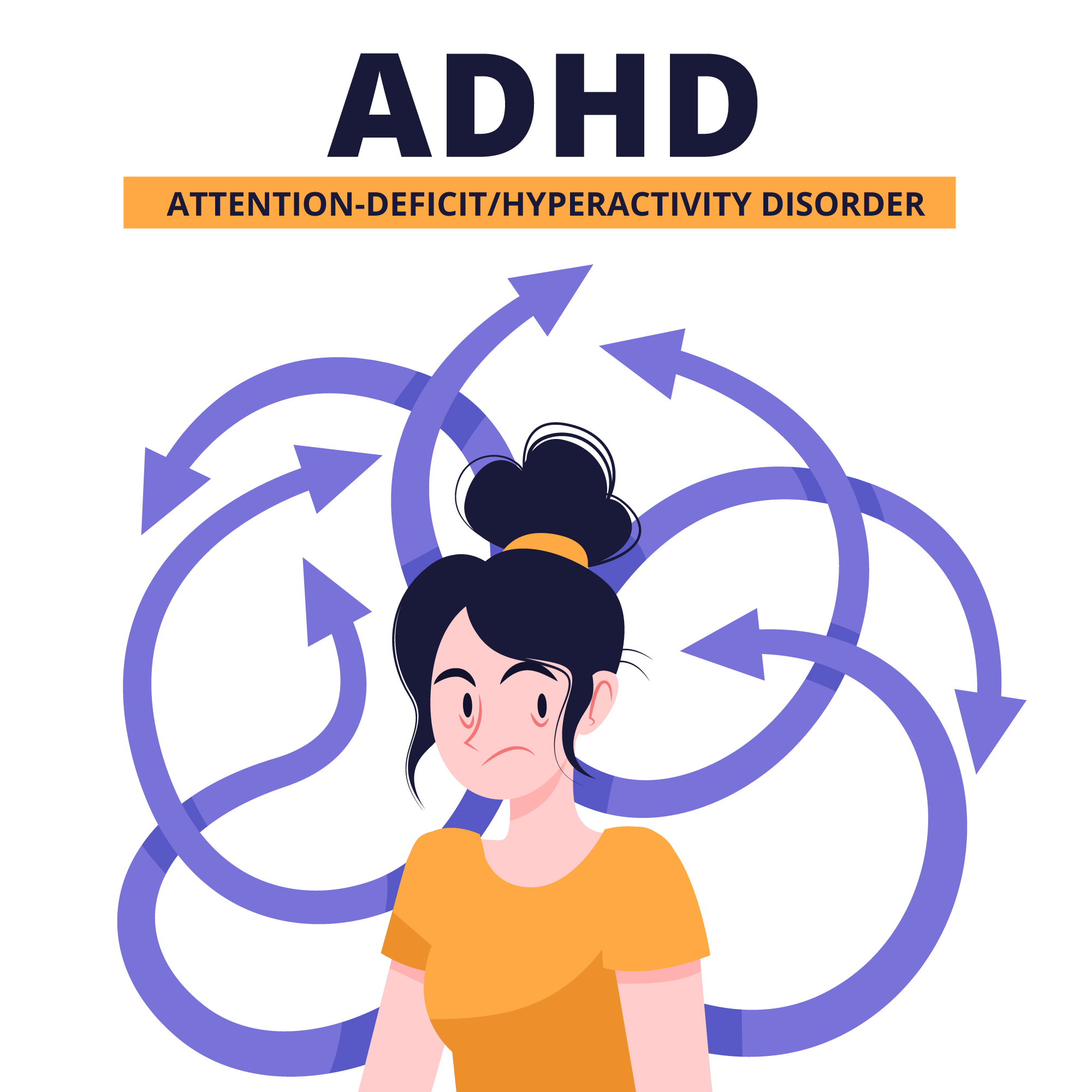
The Dangers of Ignoring Dyspepsia: Risks and Health Complications
Introduction: Dyspepsia, commonly known as indigestion, might seem like a minor inconvenience, but leaving it untreated can lead to more serious health issues, especially during pregnancy. Understanding the risks associated with untreated dyspepsia is crucial for maintaining your health and well-being. Let’s explore the potential complications and how to avoid them.
Complications of Untreated Dyspepsia:
- Esophagitis: Chronic acid reflux from untreated dyspepsia can cause inflammation of the esophagus, leading to pain, difficulty swallowing, and even bleeding.
- Peptic Ulcers: Persistent dyspepsia can damage the lining of the stomach or small intestine, resulting in ulcers. These ulcers can cause severe pain, bleeding, and in some cases, perforation requiring emergency medical attention.
- Gastroesophageal Reflux Disease (GERD): Prolonged untreated dyspepsia can progress to GERD, a chronic condition characterized by frequent heartburn, regurgitation, and potential damage to the esophagus.
- Malnutrition: Difficulty eating due to dyspepsia symptoms can lead to poor nutrient absorption, resulting in deficiencies that affect both maternal and fetal health during pregnancy.
- Complications in Pregnancy: Untreated dyspepsia during pregnancy can contribute to complications such as preterm birth, low birth weight, and gestational diabetes.
Preventing Complications:
- Seek Medical Advice: Consult your healthcare provider if you experience persistent or severe dyspepsia symptoms.
- Follow Treatment Recommendations: Your healthcare provider may recommend lifestyle changes, dietary modifications, or medications to manage dyspepsia and prevent complications.
- Maintain a Healthy Lifestyle: Eat a balanced diet, stay hydrated, avoid trigger foods, and practice stress management techniques to support digestive health.
- Attend Prenatal Check-ups: Regular prenatal care allows healthcare providers to monitor your health and address any concerns promptly, including dyspepsia-related issues.
Conclusion: Ignoring dyspepsia during pregnancy or at any other time can lead to serious health complications. By recognizing the risks and taking proactive steps to manage dyspepsia, you can protect your health and ensure a smoother pregnancy journey.
To seek medical advice, always consult a Doctor. Here are our recommended experts. Click Here
To read more on Dyspepsia. Click Here



